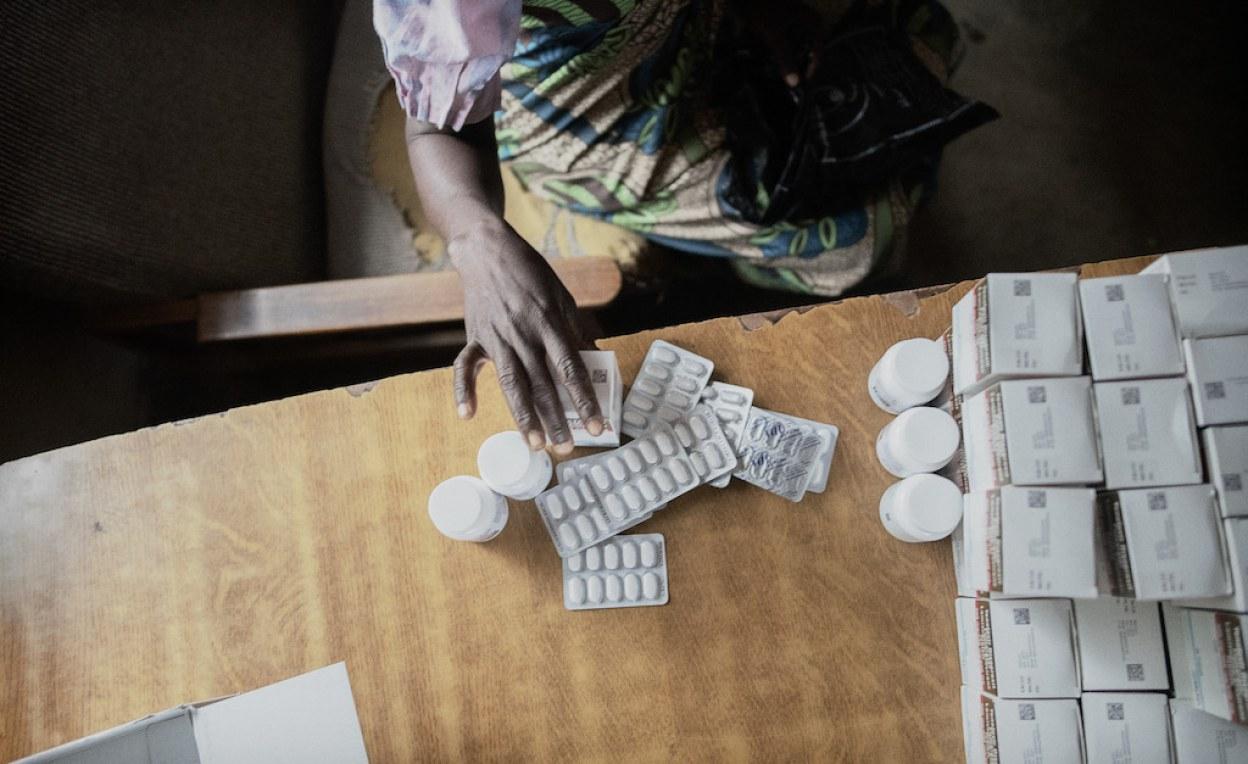Lusaka / Pune — Despite being both curable and preventable, the TB pandemic is a global health crisis and a leading cause of death worldwide. COVID-19 brought into sharp focus how women bear the brunt of pandemics. In 2021, over three million women and girls fell ill with TB, resulting in 450,000 needless deaths.
As women leaders in global health, on this 2023 World TB Day, we believe that systematic and sustained investment to tackle gender-related barriers is essential to get the world back on course and end TB by 2030.
We must confront the root causes of gender inequality and reshape the power dynamics across health systems, promoting the voice of women in their own care, to reach our global goals, for a safer, healthier world for all.
To better understand how gender norms and inequalities increase the burden, stigma and discrimination on women resulting in the failure to prevent, detect and treat TB infection, adopting an intersectional lens is a necessary step.
Differentiating the impact of TB based on the intersection of different determinants such as sex, gender, ethnicity, age, location and socioeconomic status can improve health planning, along with confronting legal, cultural and social barriers that are preventing improved health outcomes.
Using evidence-based knowledge, we can tailor interventions and care strategies for populations with increased vulnerabilities and curb the spread of the disease.
The Global Fund data has shown that women often face additional barriers to accessing TB diagnosis and treatment in countries with high rates of TB. Women generally wait longer than men for diagnosis and treatment, and may be discouraged from seeking care by a lack of privacy or child-care facilities in health services.
In some contexts, women have been less likely to undergo sputum smear examinations due to cultural norms and perceptions about femininity as well as gender dynamics of service provision. Young women in high HIV burden settings face increased TB risk.
The stigma, discrimination and exclusion associated with HIV amplifies and is amplified by TB-related stigma, especially for key populations. This impacts TB detection, access to reliable health services and treatment adherence.
It is past time to prioritize measures that emphasize women’s fundamental role in building resilient health systems and workforce. Globally, women are 90% of frontline health workers, and 70% of the overall health workforce.
Despite challenging working conditions, and lack of formal representation, women continue to show outstanding leadership across the health sector. Evidence shows that community-based and ambulatory care results in better TB outcomes compared to hospital-based or inpatient care. Yet their contribution is often undervalued, underpaid, and they occupy less than one quarter of management roles.
Women are the vast majority of nurses and community health workers (CHW) that play a vital role in the delivery of TB care and people-centered approaches to treatment, yet their voices are more often than not absent from decision-making fora. Valuing women, working at all levels of health, including CHWs is essential for the prevention, detection and treatment success of TB.
Making health systems fit for purpose means promoting gender parity in management, leadership, and governance. Mechanisms that harness the talent and expertise of women in the health workforce will result in better health systems, and support improved health governance.
Women in Global Health is committed to work with global health institutions to ensure that structural gender barriers are addressed and promote accountability for resilient health systems that improve health at every level.
Recent history has taught us that pandemic responses have often overlooked the specific needs of diverse women. Health leaders must promote and create opportunities for gender transformative leadership to strengthen health systems and ensure quality services. It is urgent to both recognize and include women and people of all gender identities for more impactful health interventions.
As we commemorate World TB Day, we appeal for increased efforts and stronger commitments to promote gender parity in decision-making across the health sector. This must be matched with sustained investments in gender transformative policies and programs to build resilient health systems and a workforce that adequately represents the diverse communities it serves.
Dr Nyuma Mbewe, a member of the Women in Global Health, Zambia Chapter, is an Infectious Diseases Physician with Zambia’s National Public Health Institute and is based in Lusaka, Zambia.
Dr Swati Krishna, a member of the Women in Global Health, India Chapter, is Young Investigator at KEM Hospital Research Centre and consultant to the iDEFEAT TB project of the International Union Against Tuberculosis and Lung Disease. She is based in Pune, India.
IPS UN Bureau
Follow @IPSNewsUNBureau


